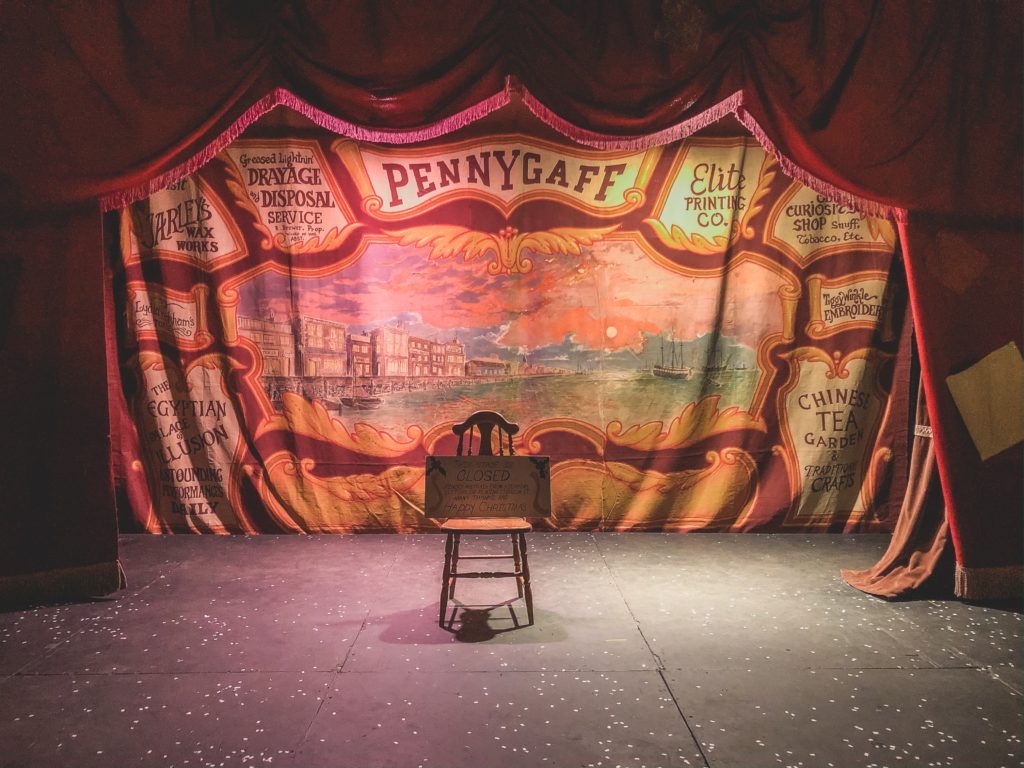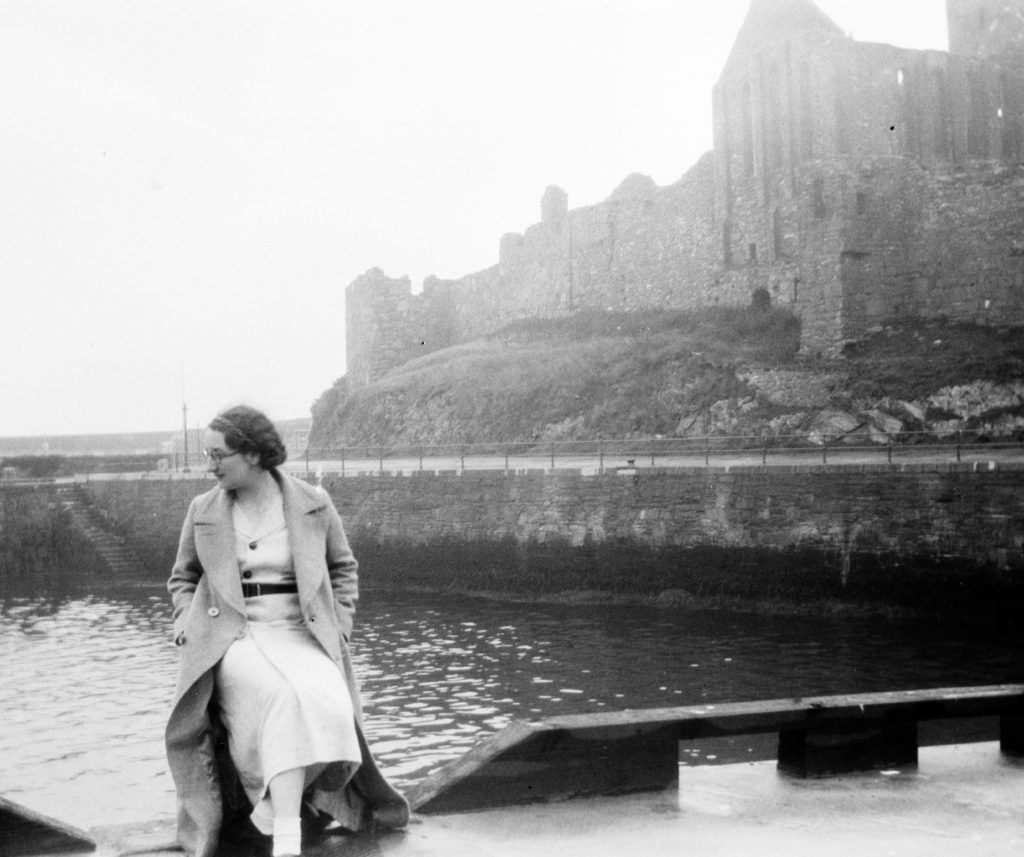
Definition
- An indefinite feeling of debility or lack of health often indicative of or accompanying the onset of an illness,
- a vague sense of mental or moral ill-being.
(Ref: Merriam-Webster Online, Word of the Day, 11 August 2020)
Use it in a sentence
The sisters had their coffee on the porch every morning. Even when it rained. Especially when it rained. But today a warm summer sunshine lapped ever closer, up the porch steps, soon engulfing their feet and then their calves until they flinched or tucked up their legs.
‘Another hot one’ Clarissa murmured.
‘Mmm….’ said Alice.
The brilliant blue sky, the undulating magpie calls, the smell of freshly cut lawn would invigorate others. You could see neighbours rolling up their sleeves, clearing out sheds, getting into the garden. The children shouted, teetering on newly purchased bikes. The sisters often heard the rhythmic crack of the cricket ball, the sudden elated and victorious cries signalling the batter’s demise.
They didn’t exactly mind all these things, but for them summer usually triggered a general malaise that lasted until the first autumn showers. They found the dry and unrelenting heat oppressive, aggressive. Clarissa and Alice had never really adapted to the hot weather and December came upon them with a vigour they just didn’t have the capacity to embrace.
They missed Canada.
Nevertheless, they always insisted on hosting Christmas lunch. They were both of them gregarious and friendly, and had soon collected an overlapping circle of friends, almost all of them invited to the festivities. But they almost wept into their cranberry sauce, trying to recreate the stiff and bracing cold celebrations of Vancouver. Beads of perspiration would collect on their foreheads as they prepared the pastry for butter tarts. Their kitchen felt as hot as a blacksmith’s workshop with ovens on full blast, with a giant turkey and all the roast vegetables baking away. Their friends laughed kindly, offering suggestions for next year – some nice prawns, a few salads, maybe some cold meats. But the sisters persisted with heavy Christmas pudding, drowning it in an eggnog sauce that was an old family recipe.
They were loved dearly, but this staunch refusal to accept their fate, to adapt and adjust to their new home, pinched at their guests’ nerves. They felt uneasy, and their smiles were forced until the last bit of gravy was wiped off their plates. Their guests felt as though Christmas was a day of mourning for the sisters, and not a celebration.
Afterwards the guests would creep out to the porch, into the back room, lie on the back lawn and fall into a languid stupor, sometimes a deep sleep. Someone would make sure any lawn sleeper had some shade. Once the sun started to wane, they would rouse and come inside for seconds. A late guest would swan in with a pavlova, and once they’d had that with a glass of sherry, everyone revived and relaxed at the same time, and they playing card games late into the night, cackling with laughter and emptying bottles of champagne and beer.
But once the holiday season was over, there was nothing but the long deadening summer ahead of Clarissa and Alice. They sat on the porch for a minute longer.
‘Alice, go in and turn on the air con’.
And Alice, inhaling then exhaling deeply, did as she was asked. They crept back inside, shut the doors and drew the curtains.

